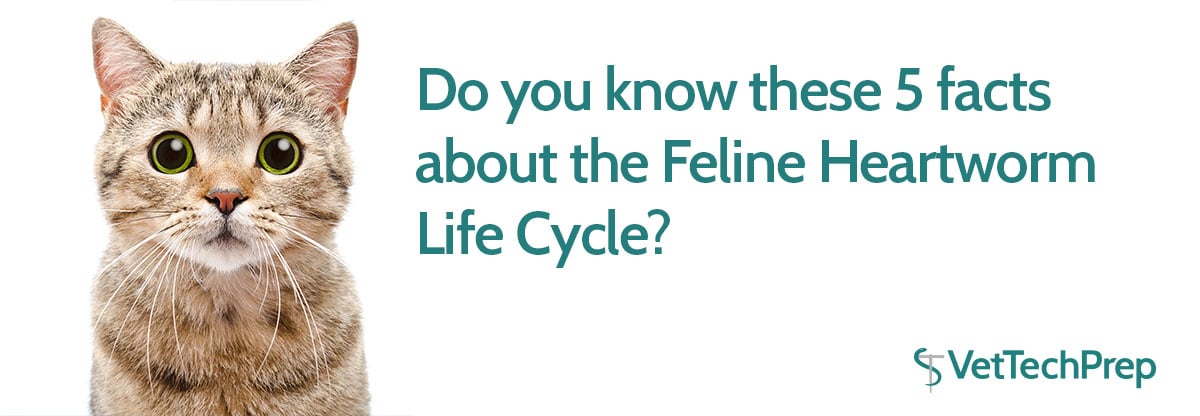
Despite many similarities, there are important life cycle differences between the species. Do you know what they are?
Read More
Despite many similarities, there are important life cycle differences between the species. Do you know what they are?
Read More
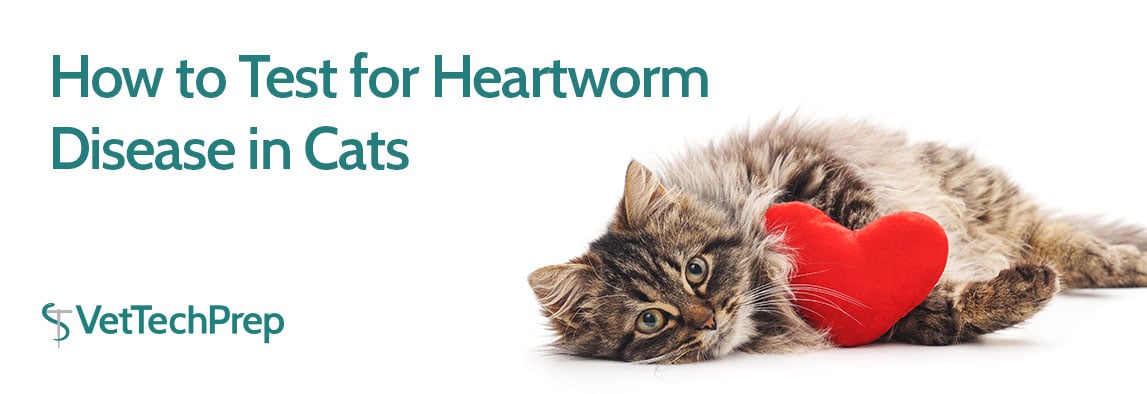
Most of us are familiar with heartworm disease testing in dogs. But do you know to obtain the sample and run the test for cats?
Thankfully, testing for heartworm disease in cats is fairly similar to testing for heartworm disease in dogs, but there are some key differences when it comes to restraint, site of sample collection, supplies and the test itself.
Read More
Heartworm prevention is a vital component of small animal preventive care. Most of us in the veterinary field know this, because we understand the effects of the disease and may have even seen patients suffering from heartworms.
Read More
.jpg?width=864&name=role-ig%20(1).jpg)
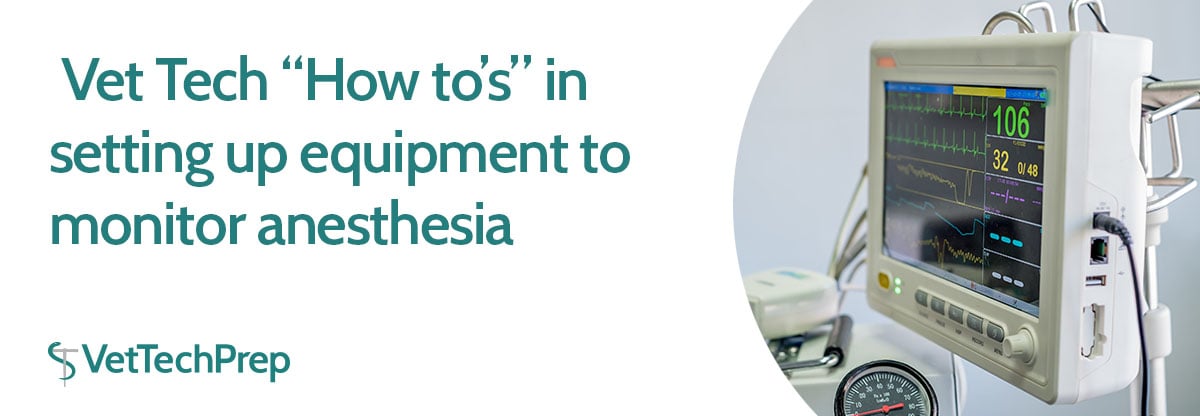

Spay/neuter is an important component of puppy/kitten care and overall veterinary preventive medicine…but why?
There are multiple benefits to spaying and neutering veterinary patients, some of which may be obvious and some that are less obvious.
Read More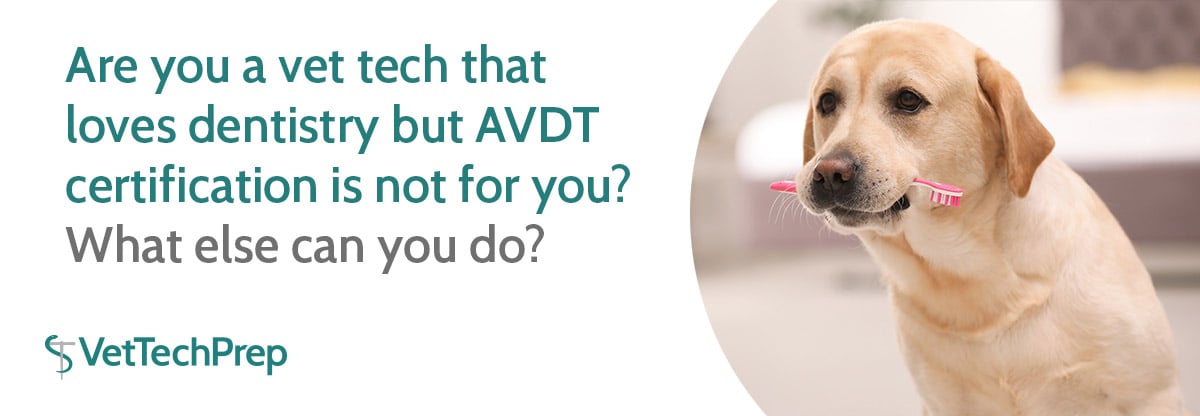
.jpg?width=1200&name=radiology%20(1).jpg)
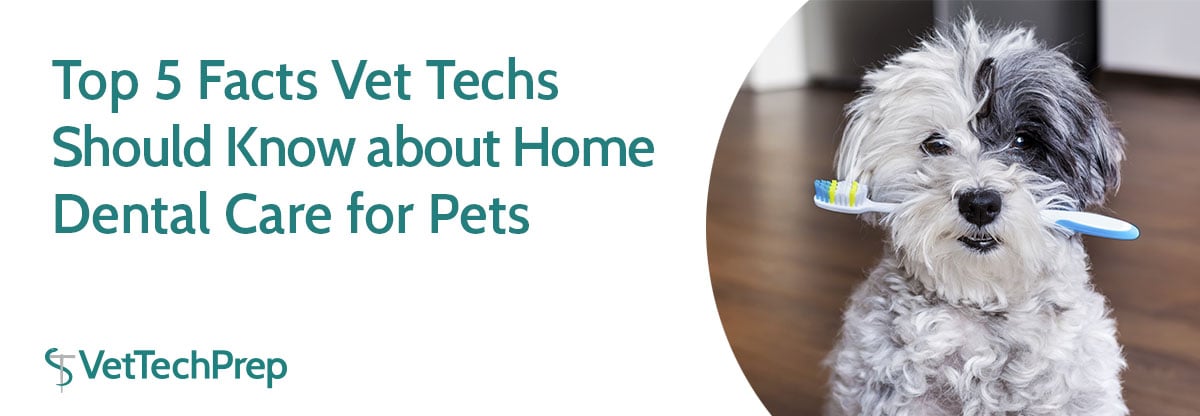


Have you ever stayed up the night before an exam re-reading notes and PowerPoint slides over and over again?
Have you calculated exactly how many points you need to get on that quiz or test to get a certain grade and then studied just enough to make sure you earn that grade?
Have you ever walked out of an exam and completely forgot everything you studied and learned the minute you left?
Read More

VTNE® is a registered trademark owned by the American Association of Veterinary State Boards. This web site is not licensed by, endorsed by, or affiliated with the American Association of Veterinary State Boards.
© 2000-2026 VetTechPrep.com, Inc. · All rights reserved.